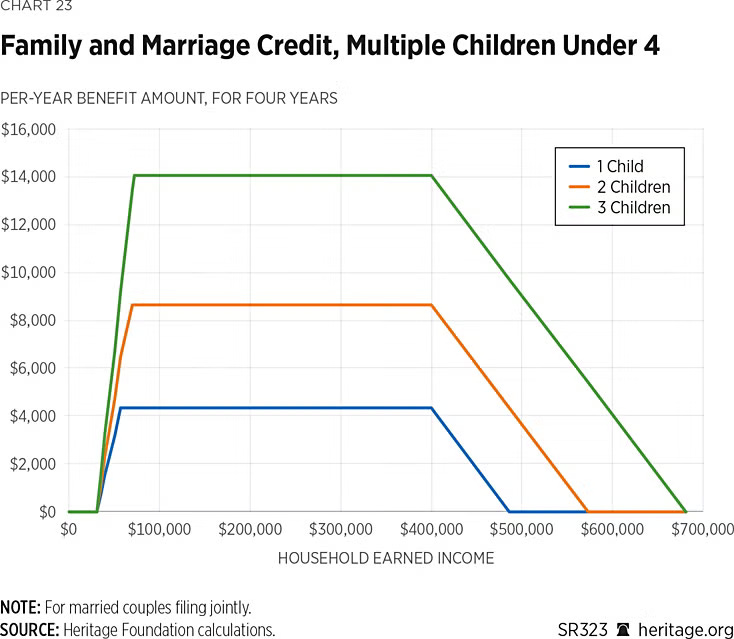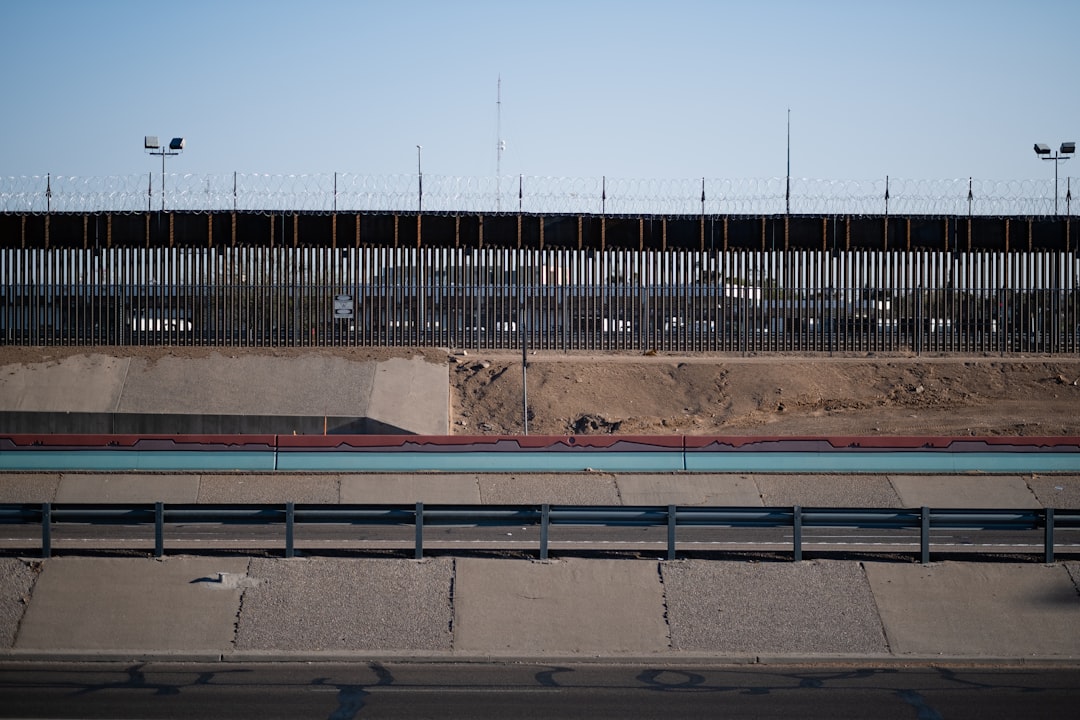As if the US public health system wasn't fucked enough when RFK Jr. was somehow, inexplicably, I-fucking-hate-this-timeline confirmed as secretary of Health and Human Services, Donald Fucking (I think that's what the J stands for) Trump nominated someone for the position of Surgeon General who has never treated a patient in an unsupervised setting.
Let that sink in for just a second.
Let it sink in for a few more seconds. Feel free to scream if you like, because there's more.
If you don't know what or whom I talking about, Trump nominated grifter/supplement salesperson Casey Means, MD (yes, she has an MD...I'll get back to that) as US Surgeon General. In the land of "Let's Nominate Wholly Unqualified People for Very Important Posts", this may be the second most egregious selection (after Bobby Fucking Kennedy, of course).
Let's first talk about who the Surgeon General is supposed to be: the nation's doctor. The spokesperson on all things public health. The main advisor to the head of HHS on matters of public health and scientific issues. And the head of the US Public Health Service Commissioned Corps, which consists of 6500 health professionals who are to be dispatched immediately to any public health emergency. Every US Surgeon General has been a qualified physician with vast experience taking care of patients, and almost all have public health experience and qualifications (C. Everett Koop is a notable exception, though he became one of the more influential public health figures in the role).
And now let’s talk about qualifications. Not vibes. Not branding. Not podcast lighting. Qualifications.
Dr. Means graduated from Stanford University School of Medicine and received her MD degree. That makes her a doctor, but it does not make her qualified to see patients. You see, after medical school, doctors in the US must complete a residency in their selected specialty, which can take 3 to 8 (or more) years. Means started an ENT residency...and then dropped out a few months before completing it. She claims that she dropped out because that just wasn't her path. She supposedly saw the evils of Big Bad Medicine and decided that wasn't for her, she'd much rather become a wellness influencer and supplement saleswoman. Now, for non-medical readers: residency is not decorative. It is not an optional side quest. It is the part where you learn to independently diagnose and treat diseases, manage complications, and not harm people. It is where you go from “has a degree” to “is a physician in practice.”
Now if you're shaking your head wondering if your eyes are messed up, nope, you read that right. The nominee for Surgeon General never completed a residency, never saw patients outside her residency, has never been board certified, and doesn't even have an active medical licence to practice medicine. The person who is supposed to be the pinnacle of public health can't even write a prescription.
FUCKING WHAT NOW?
After leaving residency, Means moved into functional medicine (which is nothing more than a buzz term and is meaningless outside "wellness" circles), metabolic health advocacy, tech entrepreneurship, and wellness media. And supplement sales. She co-founded a health tech company. She built a significant online presence. She became a voice in the “chronic disease is a systems problem” space.
That’s not illegal. It’s not even inherently wrong. Yes, the healthcare system in the US is a disaster compared to many other countries around the world. They spend more there for worse outcomes, and it needs a complete overhaul.
But none of her "experience" qualifies her in any fucking way for Surgeon General, who traditionally has extensive clinical experience, public health leadership roles, or both. They’ve run departments. Led agencies. Managed crises.
Casey Means has done exactly ZERO of those things.
OK, BUT HAS SHE SAID ANYTHING BAD?
Well, I'll just start by saying that though Dr. Means has not successfully completed a residency, she has successfully learned how to say yes while actually saying no. That is to say, her answers were much more political and much less scientific.
At her confirmation hearing a few days ago, Means stated she believes vaccines save lives. Good. Excellent. Bare minimum baseline achieved.
Then came the autism question — because it of course always comes, and rightfully so.
She acknowledged that evidence does not show vaccines cause autism. Also good. But then she added that “science is never settled.”
Because of course she did.
Now philosophically, sure. Science evolves. Data refines. But when you’re auditioning for the role of national public health communicator in an era of vaccine hesitancy and the largest goddamned measles outbreak (and first measles deaths) in decades, this is not the time to sound like you’re moderating a school debate club.
The Surgeon General’s job is clarity. Not epistemological nuance.
When she was pressed on whether she would recommend routine childhood vaccines, she didn't say 'yes'. She repeatedly emphasised the importance of individualized decision-making over strong population-level messaging. Instead of just emphatically saying "YES", she wavered, equivocated, and stuck to her "BUT BUT BUT INFORMED CONSENT" bullshit, which is just thinly-veiled antivax rhetoric.
OK, WAS THERE ANTHING ELSE?
Of course there was, because grifters gonna grift. Senators also revisited her past public statements criticizing hormonal birth control, including language characterising risks in stark terms such as:- Birth control pills are "a disrespect of life",
- Americans "use birth control pills like candy", and
- Hormonal birth control carries "horrifying health risks".
Just like Kennedy did at his confirmation hearings, she said exactly what needed to be said to try to assuage as many people as possible without actually saying anything. She "clarified" that she supports access to contraception and wants informed consent and risk discussions.
There's that "informed consent" buzz term again ("health choice" is another favourite, by the way). Remember what that actually means, because that's exactly the phrase that Kennedy kept using in his hearings.
But anyway, yes of course birth control pills have serious potential side effects (blood clots, stroke, etc), as does every single medicine that has ever been made. But framing matters. When you have previously described commonly used medications in alarm-heavy language, you don’t get to be surprised when lawmakers ask whether you can recalibrate to evidence-weighted communication. The Surgeon General cannot sound like a wellness podcast guest who is just trying to get people to check out her supplements that promise to balance hormone levels or your pH or chakras or whatever bullshit they want.
So let's take a deep breath and look more broadly at this travesty of a nomination and confirmation hearing. Dr. Means constantly referred her interrogators to informed consent between doctor and patient. And I 100% agree that informed consent is absolutely essential. But there are two small problems and one huge glaring error with this approach:
First, she (and Kennedy) keep framing this issue as if doctors don't already do informed consent. THEY DO. (All of them all the time? I wish I could say yes, but I don't know.) I got consent forms before every single one of my kids' vaccines, and my own.
Second, framing the discussion around birth control pills as an individual risk/benefit discussion between doctor and patient assumes that people don't have access to THE ENTIRE FUCKING INTERNET in their pockets 24 hours a day. Yes, doctors should (must) absolutely discuss serious risks of medications before prescribing them. But in the MAHA cult's own words, patients also must take independent ownership of their health and LOOK IT THE FUCK UP. Whenever I'm prescribed anything, the first thing I do is read the package insert to see what could potentially happen to me. Unfortunately not everyone is scientifically literate enough to understand a PI, but there are many websites out there that boil it down to very easily understood summaries. It's all there in black and white, clear as crystal. No one is hiding anything.
But most of all, the Surgeon General is a health communicator on a POPULATION HEALTH level, not an individual doctor-patient level. This person is supposed to be able to coordinate population health experts in the event of a pandemic, biothreat, or other disaster, and she can't even say that she would recommend measles vaccines in the face of the biggest outbreak in the US in DECADES where multiple children have died. That should have been the easiest softball question, and she completely fucking blew it.
The issue is not that she talks about nutrition or chronic disease. Nutrition matters. Chronic disease matters. The issue is proportionality. The United States Surgeon General is not a fucking brand ambassador for metabolic optimisation. The role exists within a system that depends on trust from career scientists, practicing physicians, and the public. That trust is built through experience, which she does not have. Through finishing the hard parts, which she has not done. Through maintaining licensure, which she does not have. Through leading in crisis, which she has never done.
Leaving residency is a personal decision (unless she was fired...she's never actually addressed that). Letting a license lapse is a personal decision. Building a monetised wellness platform is a personal decision. But being Surgeon General is not personal branding. It is institutional stewardship.
I have a sneaking suspicion that her confirmation vote will come down to one person...Senator (and doctor) Bill Cassidy. He was the deciding vote on RFK Jr, and though he said he had "reservations" about him, he ultimately took the coward's way out and voted to confirm him after Kennedy lied to his face and told him he wouldn't dismantle ACIP, wouldn't change the vaccine schedule...everything Kennedy has since done. I have a feeling the outcome here will be exactly the same.
The United States' public health system is reeling, and while this wouldn't exactly be a death blow, it would just lend even less credence to a system that the rest of the world USED TO rely on for guidance.
It will take years, possibly decades, to rebuild what Kennedy has destroyed, and if Means is confirmed, it will take even longer.





